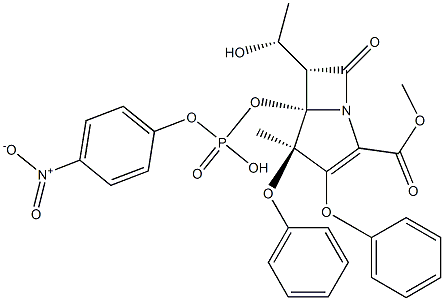| Chemical Properties | Powder beige |
| Uses | Useful for the proteolytic inactivation of nucleases during the isolation of DNA and RNA.
Removes endotoxins that bind to cationic proteins such as lysozyme and ribonuclease A.
Reported useful for the isolation of hepatic, yeast, and mung bean mitochondria
Determination of enzyme localization on membranes
Treatment of paraffin embedded tissue sections to expose antigen binding sites for antibody labeling.
Digestion of proteins from brain tissue samples for prions in Transmissible Spongiform Encephalopathies (TSE) research. |
| Uses | A stable and highly reactive serine protease; used for protein and nucleic acid isolation.Proteinase K is used in the purification of RNA and DNA from tissues or cell lines. It finds application in protein modification, determination of enzyme localization and inactivation of RNases/DNases during nucleic acid extraction. It is also used in mitochondria isolation and removal of endotoxins bound to cationic proteins like lysozyme and ribonuclease A. Further, it is involved in the treatment of paraffin embedded tissue sections in order to expose antigen binding sites for antibody labeling. |
| General Description | Proteinase K, an extracellular endopeptidase is synthesized by the mold, Tritirachium album Limber. Proteinase K belongs to a new subfamily of the subtilisins. It is a 277 amino acid protein and is characterized with an unhydrolyzed protein chain and autolyzed polypeptide chains. |
| Biochem/physiol Actions | Proteinase K catalyzes the hydrolysis of keratin. |
